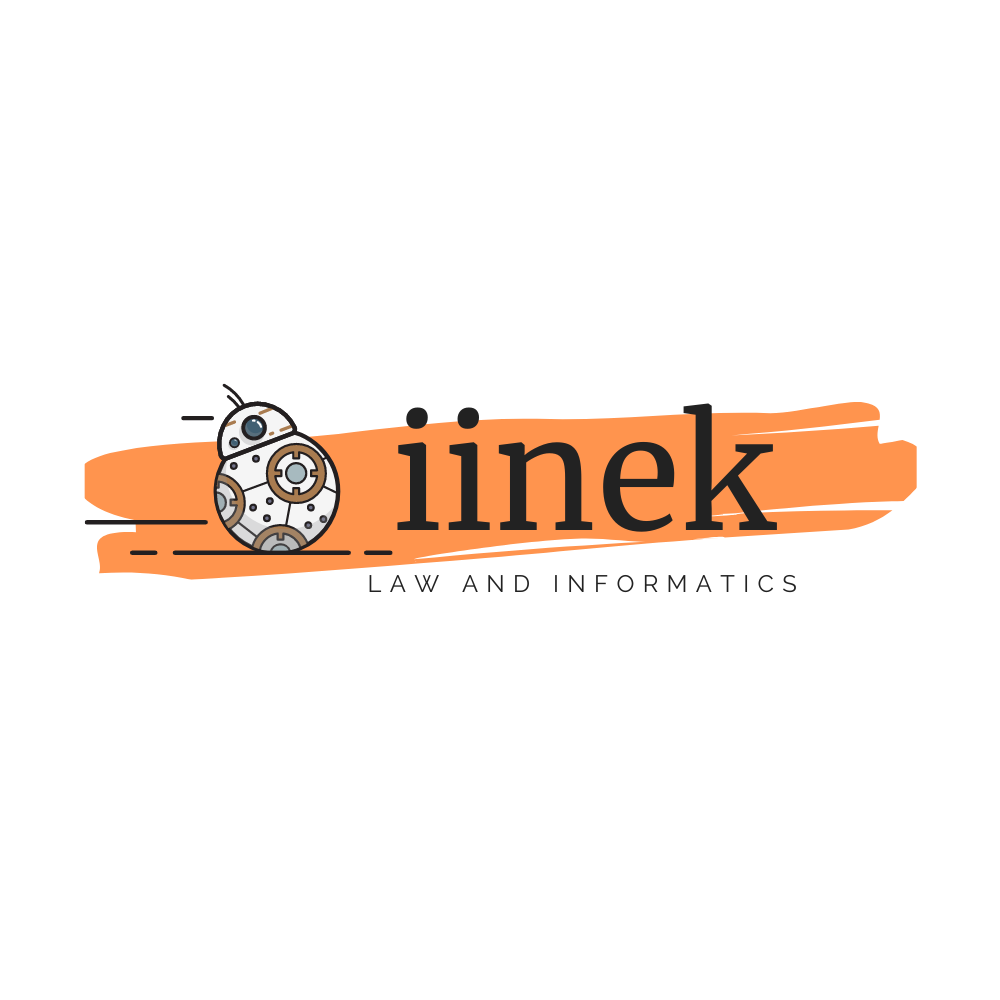Though there are different theories on why people search for information – suggesting uncertainty, satisfying a goal or simple curiosity – a gap in knowledge seems rather convincing in a legal setting. Assuming that lawyers generally search for legal sources in order to deal with a working task, the following statement is very persuasive:
Some descriptions of a […] task were more in the ‘puzzle piece’ mode, of filling a slot, but there was considerable indication of unspecified information need at the beginning of the process. A lawyer explained it this way: ‘You have an idea in your mind of what you are going to find out. You know there is a slot that needs to be filled and you know the name of that slot but you don’t know what goes into it’.
Carol C Kuhlthau, S L Tama; Information search process of lawyers: a call for ‘just for me’ information services; Journal of Documentation; 57:1; 2001; pp 25–43
What strikes me in this regard is that the lawyer is aware of the missing piece but does not know how to complete the puzzle. Identifying the slot is not the same as picking the appropriate search words. Keywords might not always successfully represent the missing puzzle piece. Maybe it would be more of value for a legal IR system to know the other pieces, in order to be able to fill the gap ……
context, here we are again ……..
